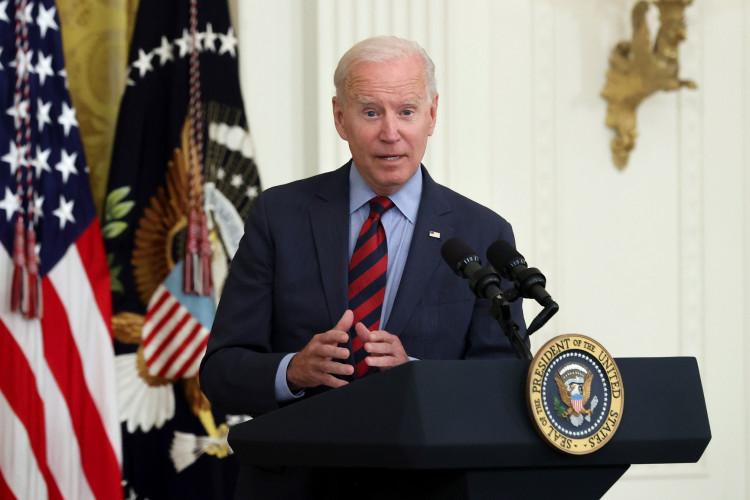President Joe Biden's 2025 budget proposal, set to be released Monday, will repackage his tax hike proposals on billionaires and corporations, along with many other requests from his 2024 budget, which is still under negotiation on Capitol Hill halfway into the fiscal year. The president's plan, more of a wish list than a policy document, also serves as a statement of the Biden campaign's economic platform as he faces a likely general election rematch against Donald Trump in November.
According to the White House, the budget aims to reduce the federal deficit by $3 trillion over the next 10 years, largely by imposing a minimum 25% tax rate on the unrealized income of the wealthiest households and by reshaping the corporate tax code. Biden will also seek to shore up Medicare and Social Security, in part by relying on new federal negotiating powers for Medicare prescription drugs and by seeking other savings in housing, health insurance, and more.
The president previewed many of the themes of his budget blueprint in his State of the Union address on Thursday, declaring, "Do you really think the wealthy and big corporations need another $2 trillion in tax breaks? I sure don't. I'm going to keep fighting like hell to make it fair!"
Biden's populist, progressive, tax-the-rich funding plan is not a novel proposal from his White House. Ever since he took office in 2021, Biden and congressional Democrats have repeatedly proposed increasing taxes on the very wealthiest in order to raise revenue. However, the idea made little headway even when Democrats controlled both houses of Congress, and with Republicans now holding the House majority, the billionaire tax plans have been put on ice indefinitely.
House Republicans tried to preempt Biden's budget proposal last week by passing their own 2025 budget resolution in a party-line committee vote. Their proposal would aim to reduce the ballooning federal deficit by some $14 trillion over the next decade, in part by dismantling Biden's landmark Inflation Reduction Act, which has provided massive investments in clean energy and the green economy.
The competing budget proposals highlight the deep divisions in Washington, where compromise has been an especially rare commodity during the 2024 fiscal year. Back-and-forth disagreements in Congress have led to several near-miss government shutdowns and cost former Republican House Speaker Kevin McCarthy his job. Despite the dysfunction, Biden did not dilute any part of his progressive budget requests for 2025, which may have made it easier for the polarized Congress to swallow.
As Biden pursues his bid for reelection, his budget also represents his economic platform for the campaign. There are no signs of softening his pressure campaign against wealthy interests, with the president declaring at his State of the Union address, "Republicans will cut Social Security and give more tax cuts to the wealthy. I will protect and strengthen Social Security and make the wealthy pay their fair share!"
Recent polls suggest that voter sentiments about Biden's economy may be starting to brighten after months of gloomy approval ratings. A Wall Street Journal survey taken in February showed that 40% of voters approved of his handling of the economy, a 4-point increase from the same question in December. However, Biden still has catching up to do in order to compete with voter perceptions of what Trump's economy was like, with a CBS/YouGov poll indicating that 55% of respondents believed Biden's policies would make prices more expensive, compared to only 34% who said the same of Trump's policies.
The Biden administration has been working to convince voters that post-pandemic jumps in the cost of living are a product of unfair corporate pricing tactics, and the president recently announced the launch of a "Strike Force on Unfair and Illegal Pricing" to put pressure on companies to lower prices. National Economic Council Director Lael Brainard told reporters last week, "President Biden is fed up with corporate practices that unfairly raise costs for consumers. And he's taking action."
As the 2024 election approaches, the contrasting economic visions of Biden and his Republican opponents will be a central focus of the campaign. While the president's budget proposal is unlikely to become law, it serves as a blueprint for his vision of a second term and highlights the stark differences between the two parties' approaches to issues like taxation, social programs, and deficit reduction.






